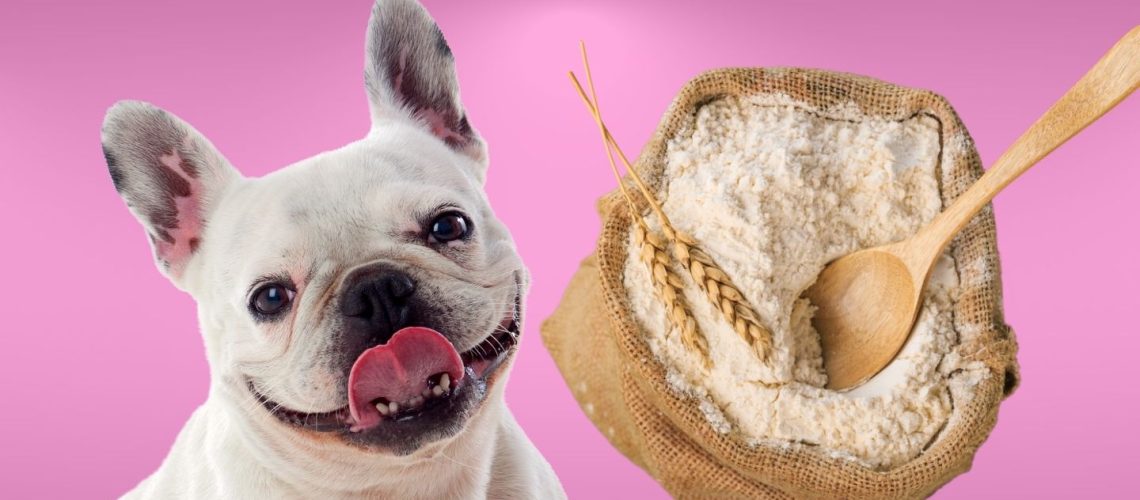The short answer is yes, dogs can eat flour in small amounts as an occasional treat. However, it is not a necessary part of their diet and should not be given to them in large quantities. Flour is a common ingredient in baking and cooking, and many dog owners are curious about whether it is safe for their furry friends.
Nutritional Value of Flour for Dogs
Macronutrients
Flour is high in carbohydrates, which are not essential for dogs in the same way they are for humans. Dogs have a lower dietary requirement for carbohydrates and can thrive on protein and fat sources. In addition to being carbohydrate-dense, flour is low in protein and fat content.
Micronutrients
Flour contains some vitamins and minerals, such as B vitamins and iron. However, the nutritional benefit of these micronutrients for dogs is limited, as dog food is already formulated to provide the necessary nutrients that dogs need.
Potential Health Concerns with Feeding Flour to Dogs
Digestive Issues
Too much flour can cause digestive problems for dogs, such as gas, bloating, and diarrhea. Some dogs may also have allergic reactions or sensitivities to certain types of flour.
Weight Gain
Due to its high calorie content, large amounts of flour can contribute to weight gain in dogs, potentially leading to obesity and associated health issues.
Toxic Ingredients in Some Flours
Self-rising flour can be dangerous for dogs because it contains baking powder and other harmful ingredients. Be cautious of other types of flour that may contain additives that are harmful to dogs.
Safe Ways to Give Flour to Dogs
Homemade Dog Treats
You can make dog treats at home using flour as an ingredient. Some simple recipes for dog-friendly treats that include flour are peanut butter biscuits or pumpkin treats.
Store-bought Treats
Some store-bought dog treats contain flour. When choosing store-bought treats, always opt for high-quality, pet-safe products.
Alternatives to Flour for Dog Treats
Instead of using traditional flour, you can try other ingredients such as oats, rice flour, or coconut flour when making homemade dog treats. These alternatives may provide added nutrients and be easier for your dog to digest.
The Importance of a Balanced Diet for Dogs
A nutritionally balanced diet is essential for maintaining your dog's health. Treats, including those made with flour, should be given in moderation and should not replace your dog's regular meals. Always consult with a veterinarian to create a healthy meal plan tailored to your dog's specific needs.
Final Thoughts
In conclusion, dogs can eat flour in small amounts as an occasional treat. However, it is not a necessary part of their diet and should not be given to them in large quantities. It is important to monitor your dog's reaction to flour and consult with a veterinarian if you have any concerns about their health. Consider experimenting with alternative ingredients for homemade dog treats and always prioritize your pet's overall health and well-being.








